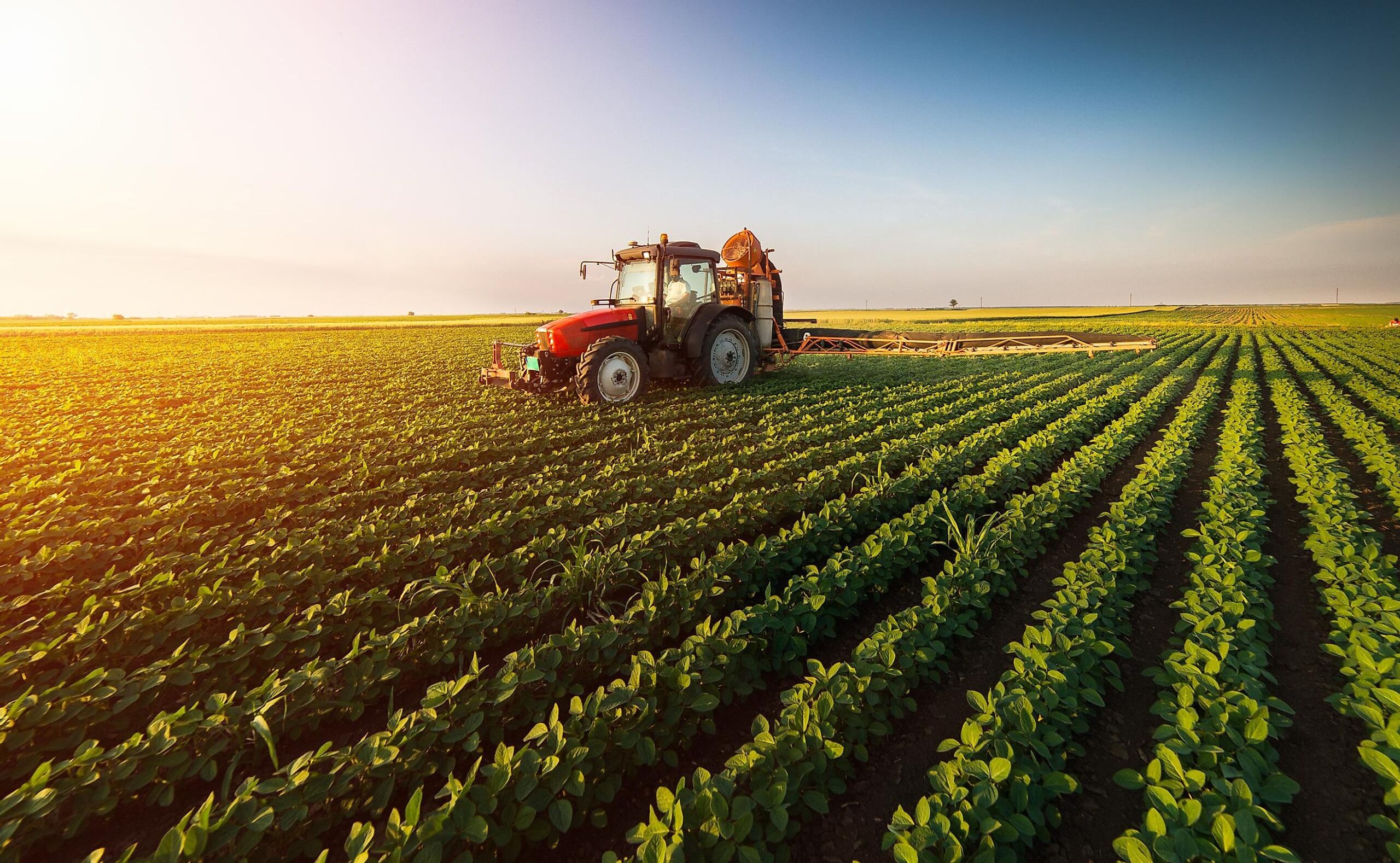“China’s poverty reduction experience in rural area is instructive for Pakistan,” pinpointed Esha Iqbal, a Program Manager in Learning & Development North at Habib Bank Limited (HBL).
Being an experienced Regional Operations Manager with a demonstrated history of working in the banking industry, Esha appreciates China’s amazing work on poverty reduction and setting precedent for the rest of the world.
“During university we had different courses in which we learned about poverty reduction activities in China,” she noted.
Esha finished her postgraduate study at China Women University (CWU) in 2020, majoring in Women Leadership and Social Development. Back in school, her teachers took them to a local apple farm in Changping, Beijing. Local people had built restaurants and picked fresh vegetables to cook for visitors. And they also had different animals and different crops planted. As Esha saw it, young students experience farming and know what rural life is; the locals could make a living via this interesting business model as well.
These days, rural tourism is drawing more and more attention. “We eat food every day, but people don’t understand how food comes to their plate or how food comes in their package, especially children. It’s very important for children to visit a place where they can learn how the seeds are sown, see them in the ground using your own hands and then the plants grow, and then you can dig the carrots fresh out of the land. It’s a really important learning experience for the young generation to have,” Esha told the reporter.
“I would like to help my countryman with my experience in China,” she said.
Esha values the role that financial literacy plays in poverty reduction a lot, too. As she put it, they used to go to rural areas and conduct some training for men and women so that they know what financial literacy is, what financial products they have and how they can have access to finances.
“Finance is basically the blood that runs in economy,” Esha noted, “If someone needs to open a small scale business, you need finances; if someone wants to have education to improve, to ensure the upward mobility and the social status, they need finances to support their education.”
“China is very advanced and it’s reaching the next phase of digitalization,” she said, whereas in Pakistan, “we are still struggling to help people open their basic accounts.” However, now Pakistan is actually progressing. There are different banks and micro finance banks working since 2000.
And recently, Pakistani government has launched a vast program named “Raast” that will actusally transform the whole system, and Pakistanis will be able to make payments digitally and make transfers digitally.
















